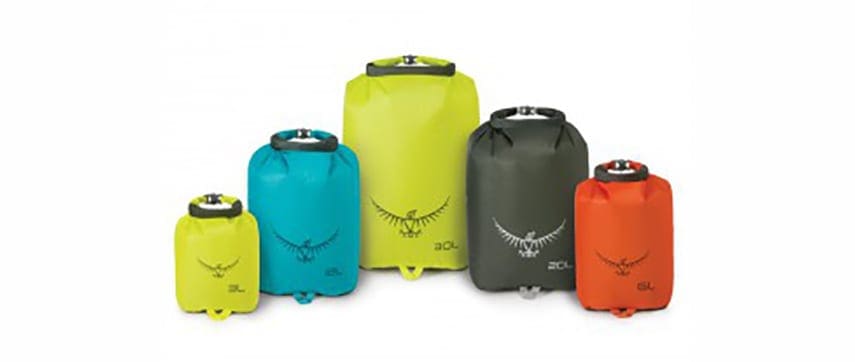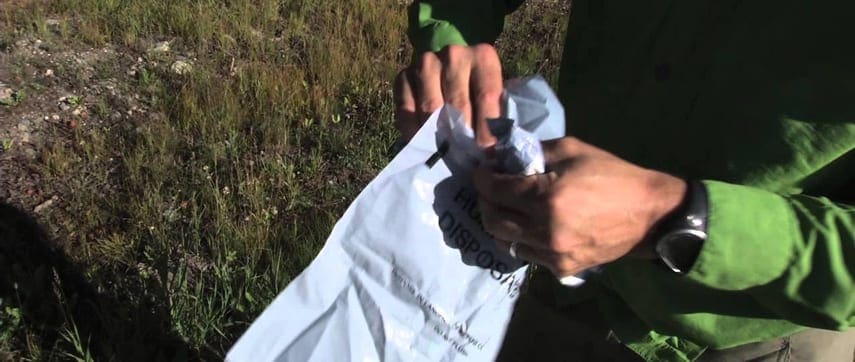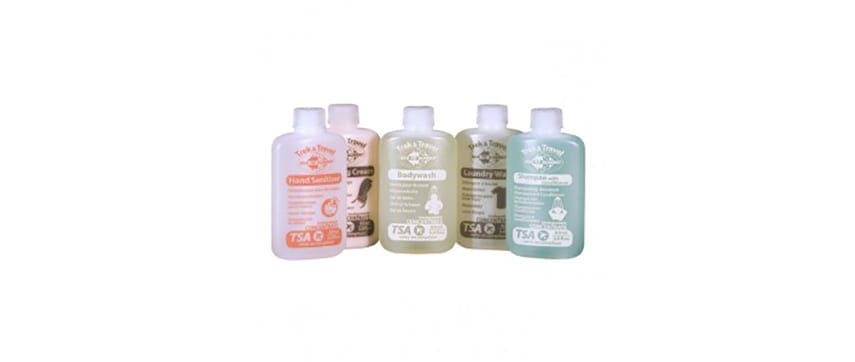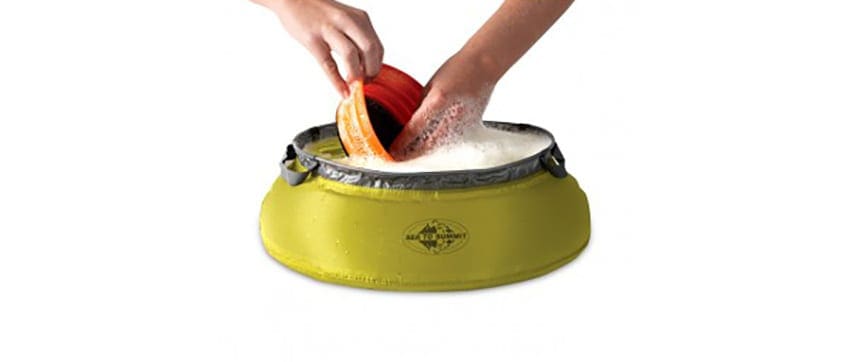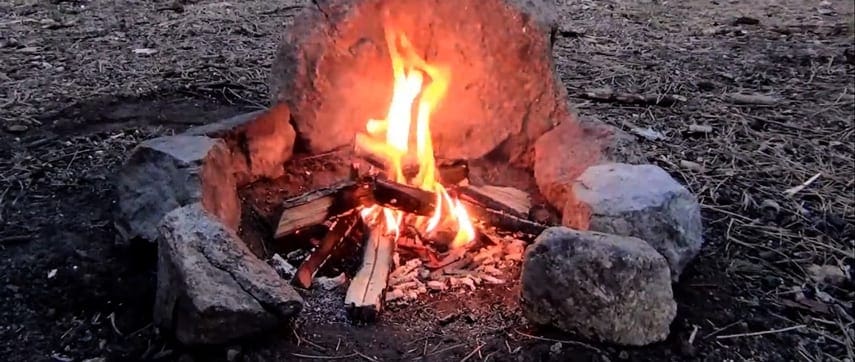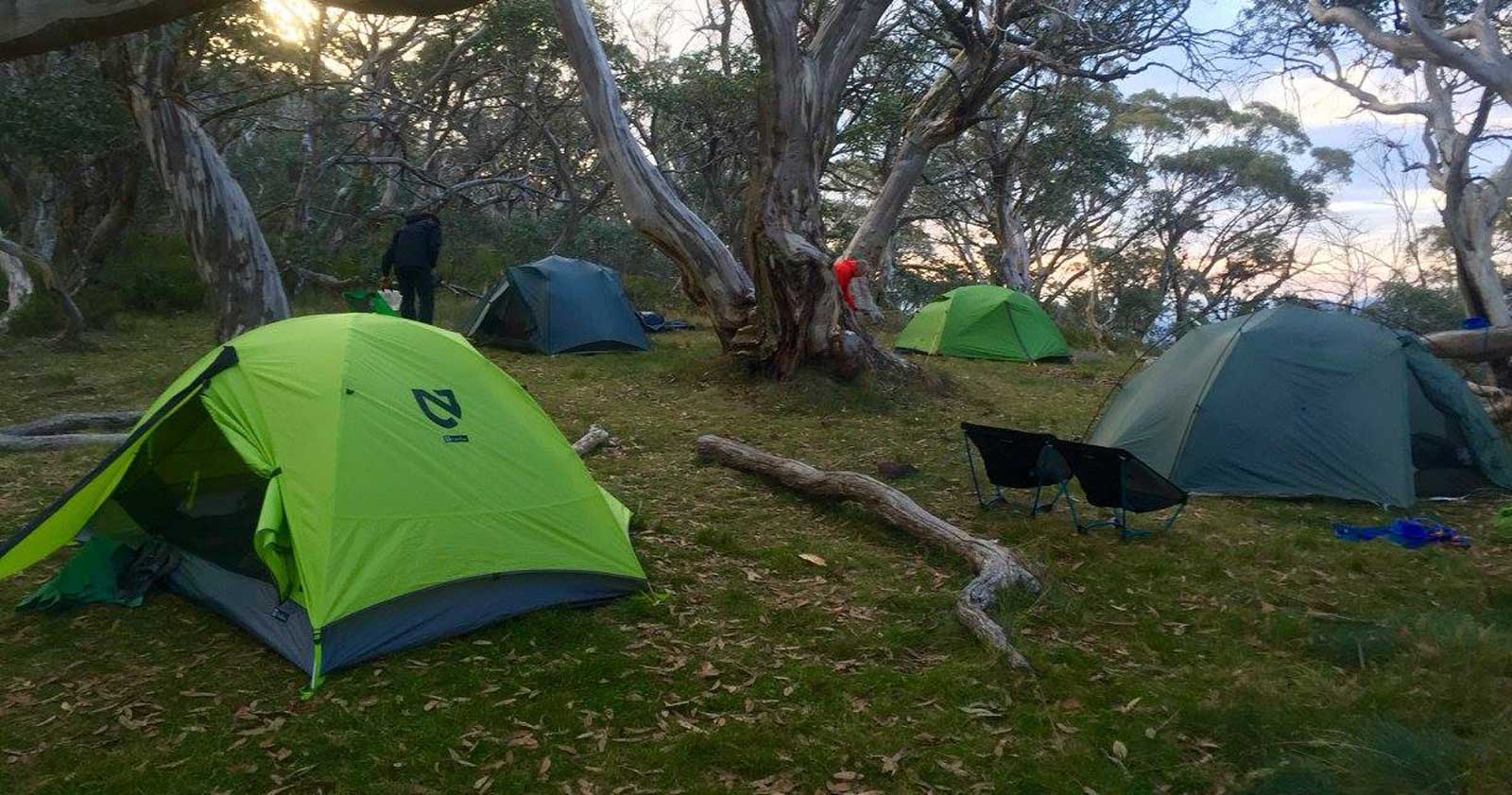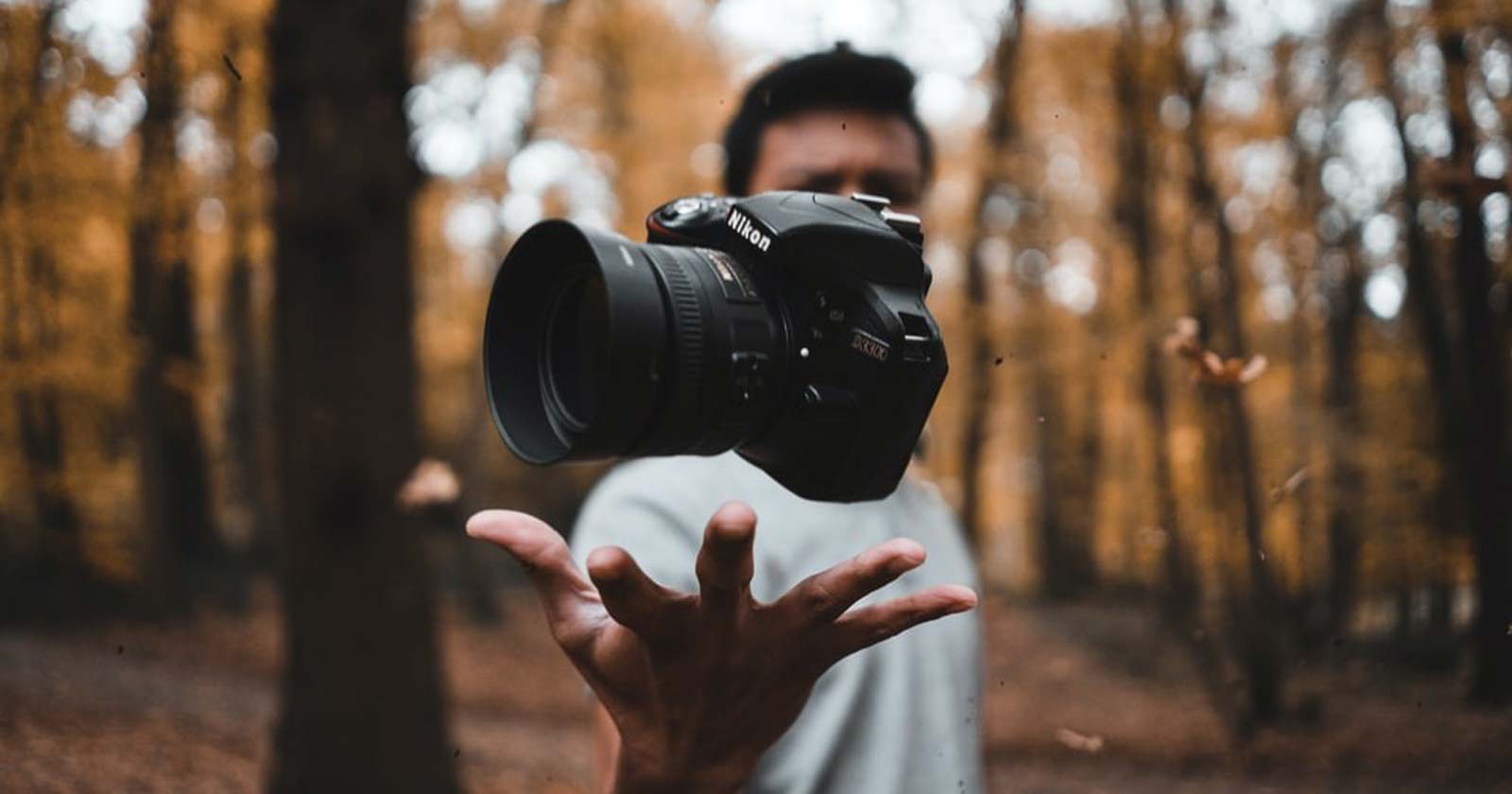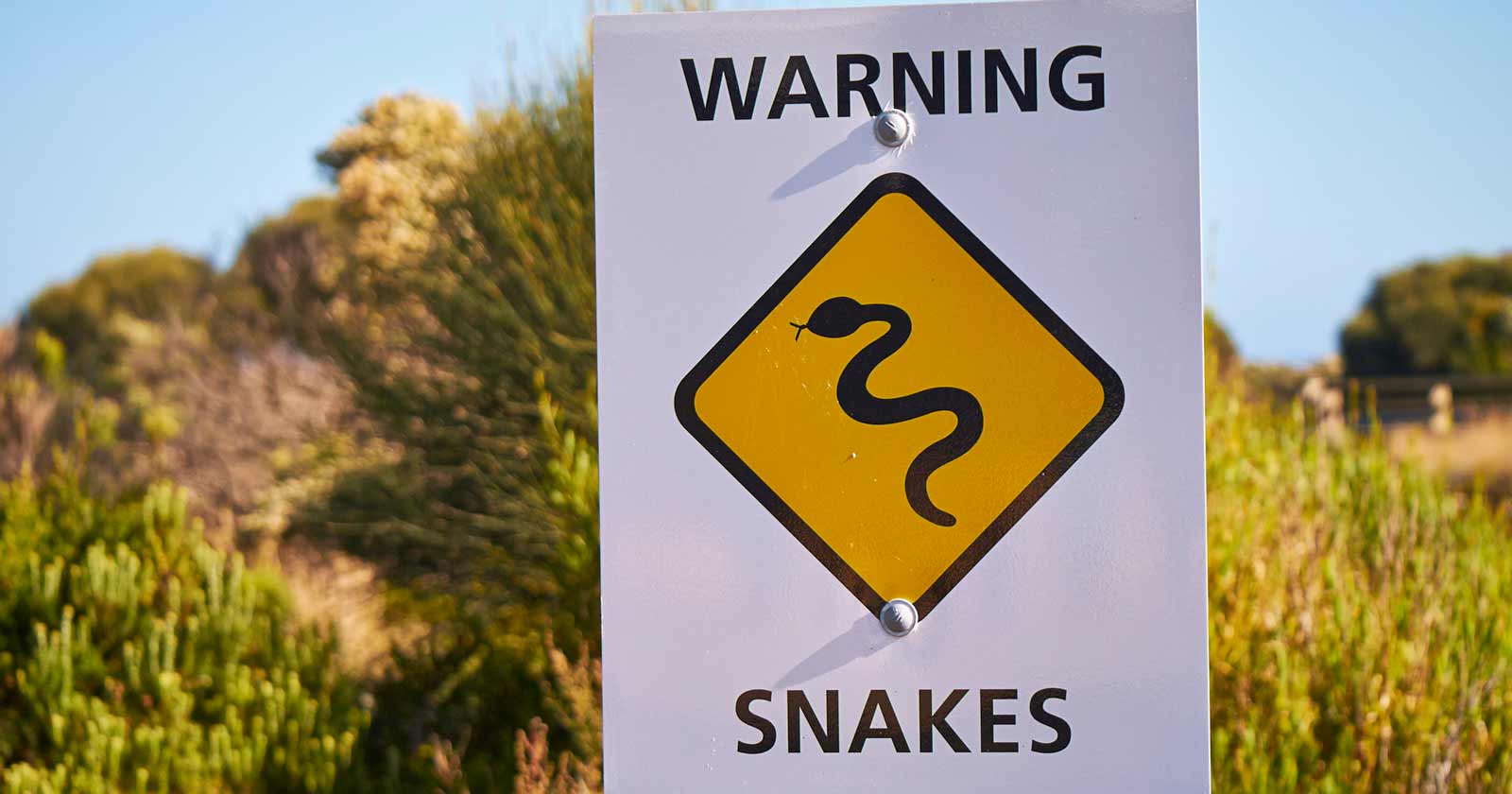What you can do to make a difference
We all enjoy a good trip to the bush, have a favourite national park or hidden spot that we love to visit to escape from the concrete jungle. In today’s high paced world it is more important than ever to allow for these retreats but also to be aware of the impact we have seen when we venture into nature. If not we will soon not be able to enjoy the same richness of flora and fauna that we have today. So the next time you swap the concrete road for a bush track – consider these top tips to leave no trace when hiking & camping.
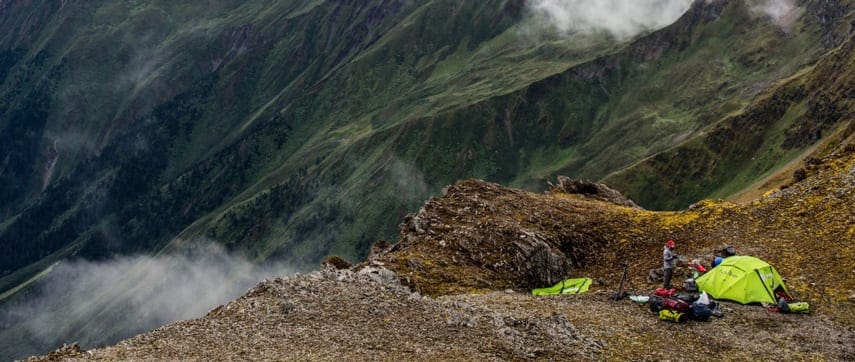
Walk and Camp on Durable Surfaces
Stick to the well defined and pre used tracks and campsites if present in popular areas. However if your hiking or camping in a more wilderness setting fan out while walking and spread out the campsite as not to create new foot pads and defined campsites.
TIP: Head to our camping tips post for more information on sustainable camping.
Food and Rubbish
Food scraps attract animals and can lead to unsightly campsites but also cause harm to wildlife as parts of packaging might be eaten. When you prepare food ensure you collect any scraps that may have fallen to the ground and store the garbage above ground.
TIP: Using a shopping or small garbage bag to line a drysack will ensure that there is no leakage, will keep odours in and stop animals from feasting on your rubbish while you sleep.
Human Waste
If your campsite provides toilet facilities be sure to use them. If none are available, bury your waste and any toilet paper in a hole 12-20cm deep and well away from campsites, tracks and water (at least 100m). Pocket trowels are easy to carry, affordable and so not take up much space. If any sanitary items are used be sure to pack them out with you as not to draw wildlife to the campsite.
Tip: you don’t need to pass on all luxuries when no toilets are available. Most toilet paper is biodegradable and can be kept dry with this nifty toilet roll holder.
Washing
Some campsites may offer facilities for washing but in most cases you will need to set up your own personal and dish washing. When washing yourself or your dishes, make sure you carry water 100 meters from the water source and use a small amount of biodegradable soap. Scatter strained dishwater and pop the small scraps into the rubbish.
TIP: Only use biodegradable soap and dispose of any food scraps in a plastic bag before washing up.
Bonus washing tip
The label “biodegradable” on soaps does not mean you can use it in streams, lakes or rivers! The used water will need to naturally filter through the soil. This happens best if you spread it over a wide area at least 100m away from the water source.
TIP: Use a foldable bucket or kitchen sink to carry water into your wash site.
Campfires
Campfires can add to the enjoyment and experience of camping however they can have a lasting and sometimes dramatic impact on the environment. Check if fires are allowed in the area your camping and if permitted, only use well established fire rings and don’t create a new fire-pits. Keep fires small as wood is a natural habitat for animals, bugs and birds, a simple rule is if you cant break the stick using your hands don’t burn it. Make sure you fully burn the fire down to ash and that it is extinguished before you leave the fire for the nigh or when breaking camp. Its best practice to use a stove for cooking instead of an open fire and a lamp or headlight for illumination.
If you have any Leave No Trace tips please comment below and to find out more info head to the Leave No Trace Australia website.
Author: Dave Casey
Photos: Dave Casey
Contributed by: Paddy Pallin
